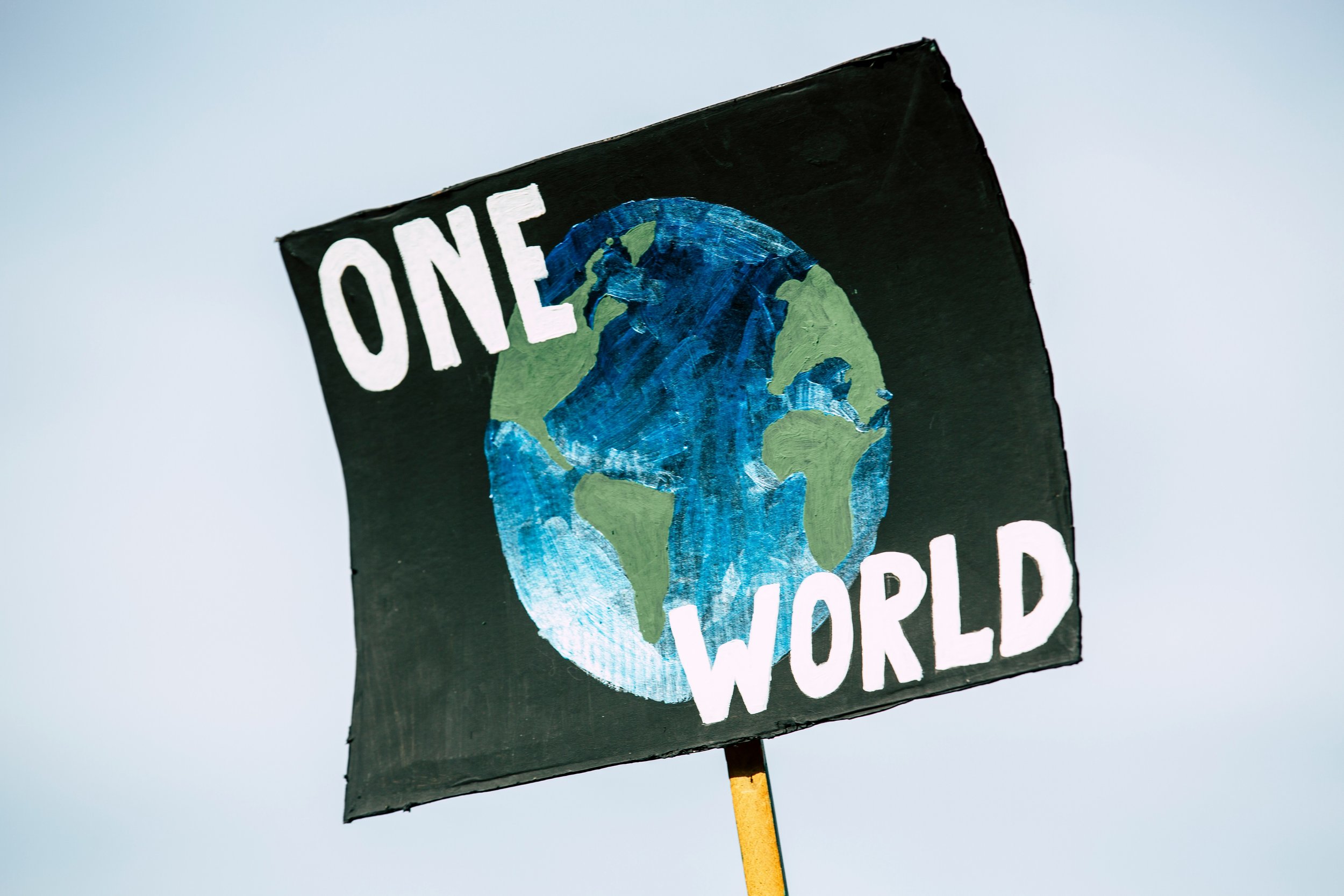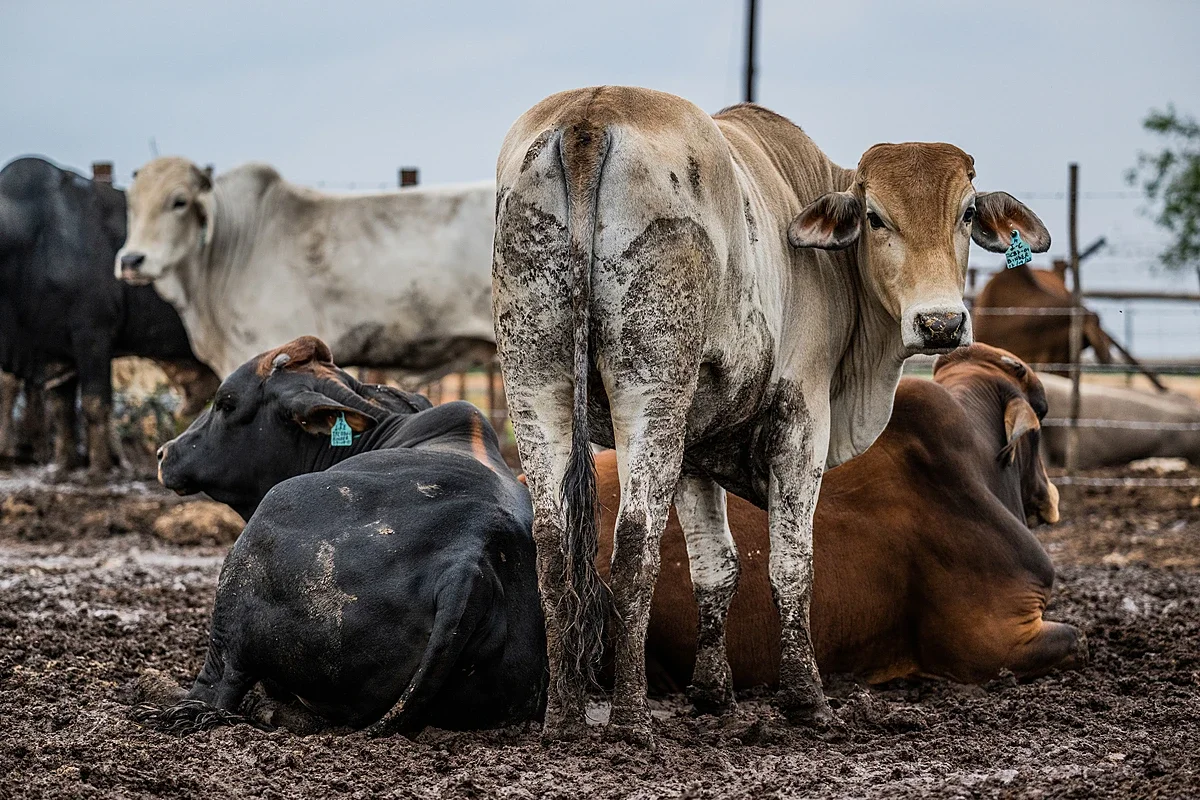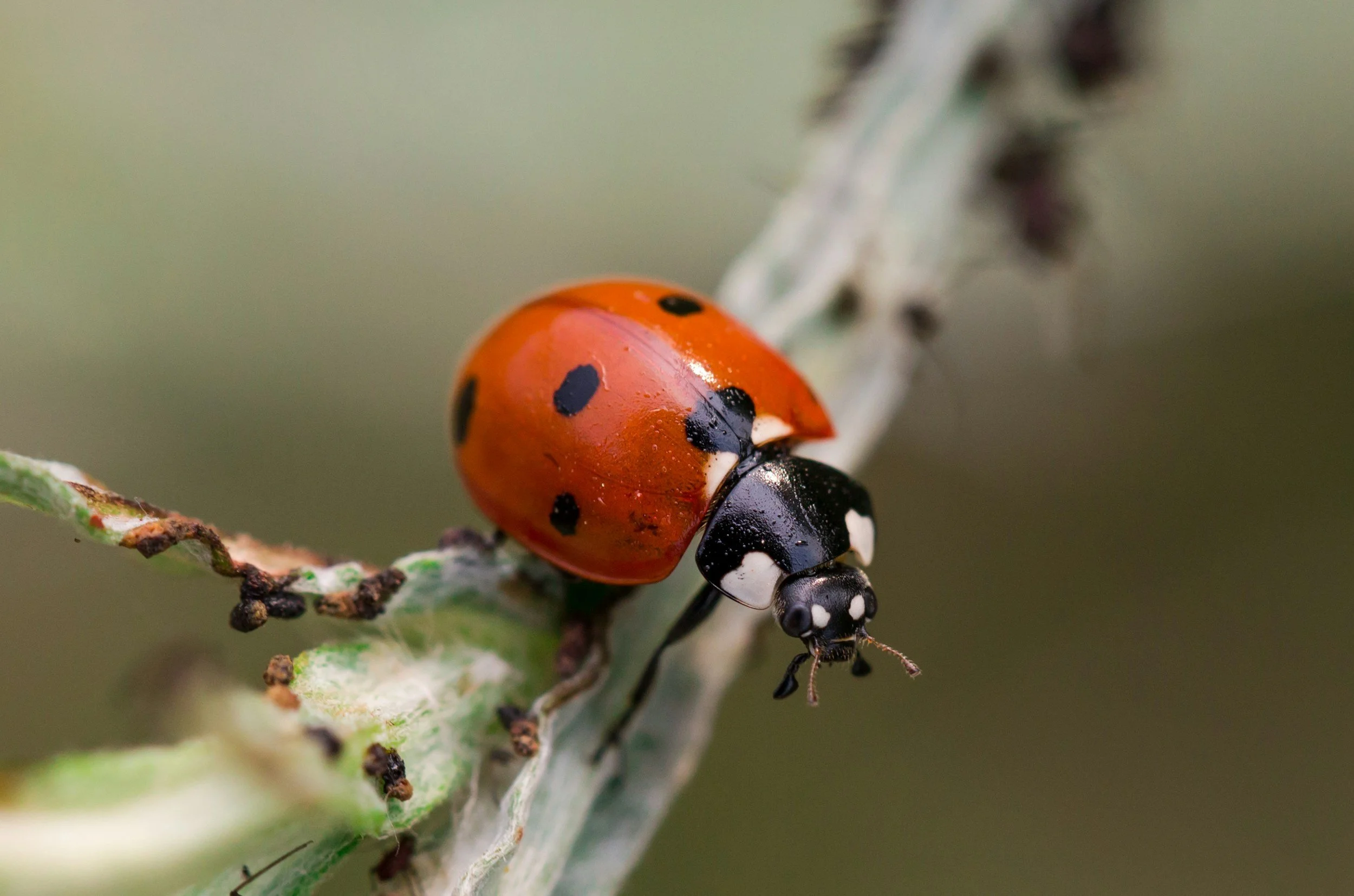World’s Largest Beef Producer Sued by US Attorney General Over Greenwashing Claims
Meat giant JBS USA misled consumers with fake sustainability claims to boost sales, the lawsuit alleges.
The American subsidiary of the world’s largest producer of beef products is alleged to have misled the public about its environmental impact, according to a new lawsuit against the company.
New York Attorney General Letitia James filed the lawsuit against JBS USA last week. The lawsuit points out that the meat company has claimed that it will achieve net zero greenhouse gas emissions by 2040, despite documented plans to increase production and therefore increase its carbon footprint.
James accuses JBS USA of “greenwashing” - a term used to describe when a company gives a false impression or misleading information about a product’s environmental impact.
“When companies falsely advertise their commitment to sustainability, they are misleading consumers and endangering our planet”, Attorney General James said in a statement. “JBS USA’s greenwashing exploits the pocketbooks of everyday Americans and the promise of a healthy planet for future generations. My office will always ensure that companies do not abuse the environment and the trust of hardworking consumers for profit.”
JBS USA is described as making several misleading claims about its environmental impact, particularly in relation to beef production, which is well-documented as having a negative impact on the planet.
In fact, James explains that beef production emits the most greenhouse gasses of any major food commodity, and animal agriculture accounts for 14.5 percent of annual global greenhouse gas emissions. Not only does beef production contribute significantly to global climate change, but it is also the top driver of deforestation in the world’s tropical forests - more than double that of soy, palm oil, and wood production combined.
In 2021 the JBS Group, JBS USA’s parent company, reported total global greenhouse gas emissions of over 71 million tons - which is more than the total emissions of some entire countries.
Despite this huge impact on the planet, JBS USA is described as having consistently used greenwashing and misleading statements to capitalize on consumer’s increasing desire to make environmentally friendly choices.
Among the claims being disputed are such statements from JBS that include:
“Agriculture can be part of the climate solution. Bacon, chicken wings, and steak with net zero emissions. It’s possible.”
“We will cut our own emissions by 30% in 2030 and eliminate Amazon deforestation from our supply chain within five years.”
According to the lawsuit, such claims take advantage of consumers who are trying to choose the more sustainable product. Recent studies, the lawsuit points out, have shown that people are influenced by a company’s environmental reputation and are willing to change their habits to switch to more environmentally friendly products: more than two-thirds of American adults are willing to pay more for sustainable products.
And so it is alleged that JBS has made ill-gotten gains earned by misleading the public about their business practices. As a result, Attorney General James is asking the court to require JBS USA to cease its “Net Zero by 2040” advertising campaign, conduct a third-party audit of its compliance with New York’s consumer protection statutes, and repay all ill-gotten gains earned by misleading the public about their business practices as well as penalties of at least $5,000 per violation.
JBS’ Meat Supply Is Devastating the Planet
“JBS has driven more than 2.4 million acres of Amazon deforestation, has poured record methane pollution into the atmosphere, and has a total climate footprint estimated to exceed the entire country of Spain,” says Glenn Hurowitz, CEO at advocacy group Mighty Earth.
Regularly ranked as the world’s biggest meat producer, JBS has continually been accused of unethical and illegal practices ranging from deforestation to human rights abuses.
The company has been linked to multiple instances of illegal deforestation in Brazil, where wildlife habitats and ecosystems are destroyed to make way to farm corn and soy for animal feed. Campaigners say that the company’s current policy allows illegal deforestation of the Amazon region until 2025, and legal deforestation globally for a further ten years.
The Brazilian company has also been accused of using slave labor in parts of its supply chains, with exploited workers reportedly kept in “slavery-like conditions” and paid around $11 per day.
And in a recent report on the state of factory farming, JBS was among five companies that collectively slaughter over 11 billion chickens and 150 million pigs every year.
But Could Cultivated Meat Offer a Sustainable Alternative?
JBS made global headlines last year with the announcement that it is opening the meat industry’s largest-ever cultivated beef protein planet.
Cultivated meat - also known as lab-grown or cell-based meat - is projected to become a key solution in creating a more sustainable and ethical global food system. The process creates ‘real’ meat, but it is cultivated and grown directly from animal cells, rather than a farmed animal.
Following a $41 million investment from JBS, construction work has already begun on the plant, which will be run by subsidiary BioTech Foods.
Located in San Sebastián, Spain, the plant will initially produce over a thousand tons of cultivated protein per year, with expansion plans upping annual capacity to up to 4,000 tons.
In a statement, JBS said the cultivated meat facility is part of diversifying its portfolio and will help propel a global push towards more sustainable protein sources. The company points out that the UN Food and Agriculture Organization estimates that cultivated protein will help address the increase of 135 percent in the global demand for protein by 2050.
With sustained pressure on JBS’s sustainability claims, perhaps the company could increasingly turn towards more sustainable protein production like cultivated meat, and help drive change that could make a kinder world for animals and the planet. Perhaps the eventual result of the lawsuit by Attorney General James could help steer what JBS plans next.
Want to eat more plant-based foods? Sign up to our 30-Day Plant Power challenge for daily recipes, advice, and inspiration.
We Have A Favor To Ask…
Species Unite amplifies well-researched solutions to some of the most abusive animal industries operating today.
At this crucial moment, with worldwide momentum for change building, it’s vital we share these animal-free solutions with the world - and we need your help.
We’re a nonprofit, and so to keep sharing these solutions, we’re relying on you - with your support, we can continue our essential work in growing a powerful community of animal advocates this year.






